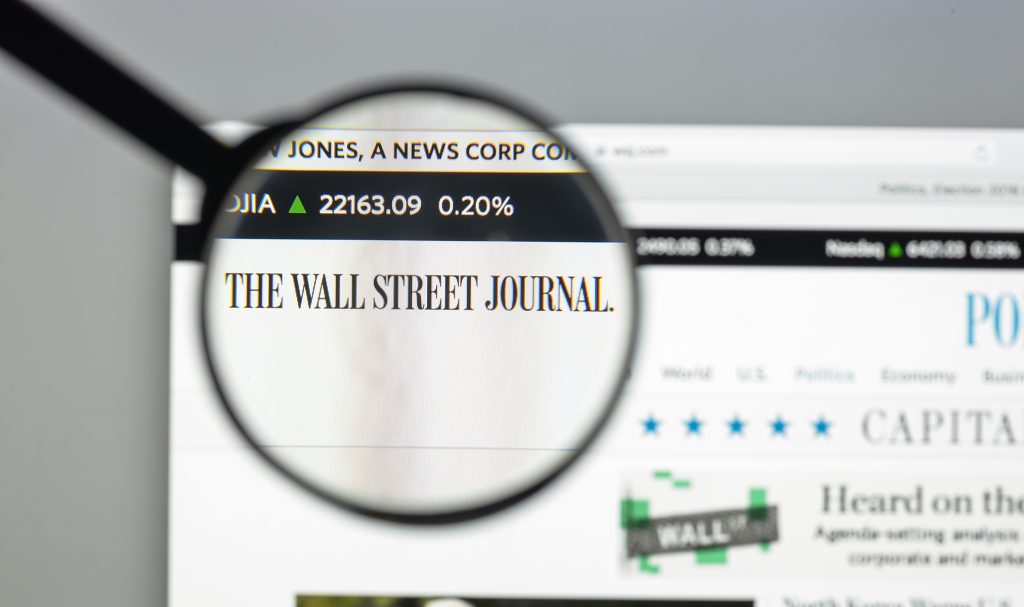It’s better when companies are public. When they are, management is the recipient of minute by minute, hour by hour opinion from the knowledge-pregnant marketplace. Call share prices the non-biased, non-ideological scoreboard telling CEOs whether they’re doing right or wrong. Markets quite simply are.
Similarly important, when companies are public it means the public gets to take part in their growth. It brings to mind Cato distinguished senior fellow Jose Pinera’s stories of running into people in Chile who recognize him as the individual who brought private Social Security accounts to the country. Some show him their passbook of sorts that lists their holdings. They’re invested in Chile’s economic future via their ownership of stocks and bonds. It can’t hurt if more Americans have ownership in more businesses.
The presumed benefit of a national stock exchange based in Dallas is that its location will enable the floating of a great deal more shares in companies that are presently private. TXSE Group founder and CEO James Lee referenced over 5,200 private businesses in the region that he views as potential IPO targets for the new exchange. On its face that’s appealing, maybe there will be other regional copycats that follow TXSE, plus BlackRock and Citadel wouldn’t be big backers of the new venture if they lacked ambitious intent.
So what’s not to like? Particularly what’s not to like in light of the implied notion that the TXSE will be quite unlike the NYSE, that it will perhaps be more open to easing the path to publicly floated shares. Texas has a deregulatory bent that New York lacks. If an exchange in Texas proves more welcoming and less costly to companies, it could either pull companies from the NYSE, improve the NYSE with vigorous competition, or both.
Despite the obvious positives of the TXSE, it’s hard not to be a little bit skeptical. And the basis for it can be found in Texas.
In the early 2000s, and while visiting with Joel Trammell, Founder and CEO of Austin, TX-based NetQoS, the question was posed to him about whether he would take his network performance management software and services company public. Trammell quickly answered that it would never happen. And it had nothing to do with the NYSE, or for that matter the NASDAQ.
Trammell’s aversion to floating NetQoS’s shares was based on the 2002 passage of the Sarbanes-Oxley Act, a thoroughly mindless law Congress passed near unanimously that forced company CEOs to channel their energies into accounting over big picture vision related to growing one’s company. CEOs had to morph into accountants simply because Sarbanes-Oxley criminalized accounting errors. When signing this monstrously foolish bill into law, George W. Bush memorably described it as (this is a very slight paraphrase) “the toughest corporate crime law since FDR.” Bush was bragging. He also famously excused his 2008 market interventions and bailouts (you know, the meddling that proper history will view as the cause of the “financial crisis”) as necessary since markets allegedly weren’t behaving correctly. Oh wow, was he ever bad. But that’s a digression.
Back to Trammell, his aversion to taking his company public wasn’t something that could be fixed by a Texas-based stock exchange. Sarbanes-Oxley was and is a national law, and Trammell preferred being a CEO over an accountant. He eventually sold NetQoS to CA Technologies in 2009. With “Sarbox” a national law, TXSE-listed companies would sadly have to abide it.
Away from Sarbanes-Oxley, how about the impossible-to-define laws involving “insider trading”? Could an exchange in Texas bring sanity to the markets, and make it legal for those who know things about corporations to trade on that knowledge, and in doing so, enhance the public markets by allowing more information to find its way to them? It sounds like a great idea. States as laboratories of ideas. Stuff like that. The problem is that the SEC has arrogated to itself the power to police what is impossible to define, and since the SEC likes to blind markets with “insider trading” laws, the TXSE wouldn’t have a chance to compete this way either.
No doubt we’ll learn more about the TXSE as time goes on, including ways not yet expressed about how it will compete. For now, however, it’s hard to see what’s to be gained from a new exchange. The previous observation isn’t a knock on new markets, or borderless capital finding new markets, but it is a comment that the federalization of so much will make it difficult for the TXSE to differentiate itself too much.
Republished from RealClear Markets





